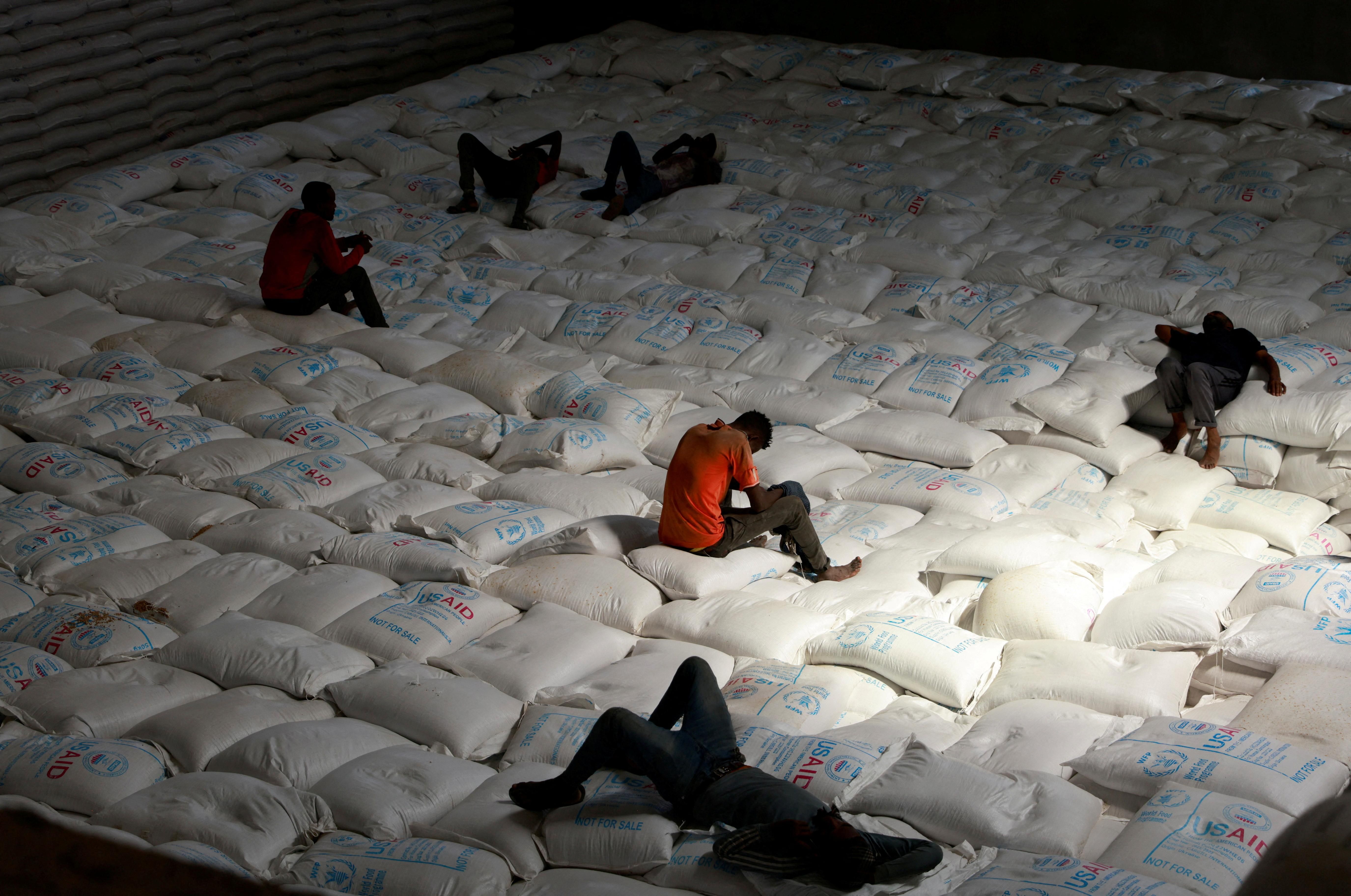123 million: At least 123 million people across Sub-Saharan Africa are food insecure, according to a new report by the International Monetary Fund. The region was on the brink of economic recovery, but that’s changed since the war in Ukraine upended the global economy. IMF senior economist Andrew Tiffin recently spoke to GZERO about Africa’s hunger and energy crises. Watch the interview here.
11: Two men opened fire on Russian soldiers at a training camp in the Belograd region of Russia on Saturday, killing 11 and injuring more than a dozen before being shot and killed. Russia’s Defense Ministry said that the gunmen were from a former Soviet republic, but gave no further details. The shooting, which took place near the Ukrainian border, comes amid mounting opposition to Vladimir Putin’s unpopular "partial mobilization" campaign.
2: Two Ugandan districts outside the capital Kampala have gone into lockdown as the government tries to contain a growing Ebola outbreak. The vaccine developed to inoculate against the Zaire strain, which killed 11,000 people across West Africa from 2013-2016, is not effective against this newer strain, which originated in Sudan.
37: The average price for a COVID vaccine will rise to $37 in 2023, double the average price in 2021, as demand for booster shots slumps. As sales drop off, Pfizer, BioNTech and Moderna – vaccine makers that first produced the effective mRna shots – are anticipating big losses.
This comes to you from the Signal newsletter team of GZERO Media. Sign up today.
